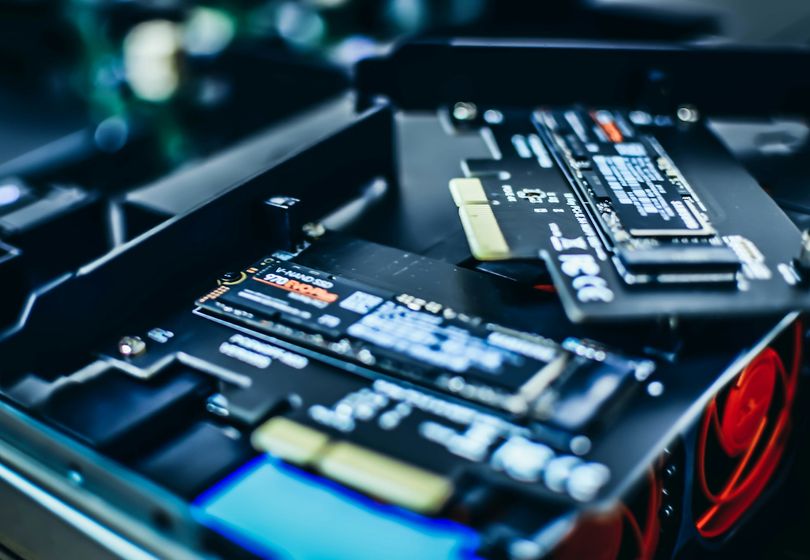
Welcome to our comprehensive guide on choosing the ideal SSD to boost your PC's performance. Solid State Drives (SSDs) have become the preferred storage solution for enhancing system speed and responsiveness, but selecting the right one can be a daunting task. In this article, we will provide you with expert tips to help you make an informed decision when upgrading your PC's storage with an SSD.
When it comes to SSDs, there are two main types to consider: SATA SSDs and NVMe SSDs. SATA SSDs are the traditional type that connect to your PC via a SATA interface, while NVMe SSDs utilize the PCIe interface for faster data transfer speeds. If you want to maximize your PC's performance, NVMe SSDs are the way to go due to their superior read and write speeds compared to SATA SSDs.
Before purchasing an SSD, it's crucial to check your motherboard's compatibility. NVMe SSDs require a compatible motherboard with an M.2 slot that supports NVMe, whereas SATA SSDs can be used with any motherboard that has SATA ports. Make sure to check your motherboard's specifications before making a decision.
Another important consideration when choosing an SSD is the storage capacity. SSDs come in various sizes ranging from 120GB to 4TB or more. Consider your storage needs and budget when selecting the storage capacity of your SSD. It's recommended to choose an SSD with enough capacity to store your operating system, frequently used applications, and files for optimal performance.
SSD reliability is also a crucial factor to consider. Look for SSDs from reputable manufacturers known for their reliability and durability. Reading user reviews and expert opinions can give you an idea of the reliability of a particular SSD model. Additionally, check the SSD's warranty period to ensure you're covered in case of any issues.
Write endurance, typically measured in terabytes written (TBW), is an essential metric to consider when choosing an SSD. It indicates the total amount of data that can be written to the drive over its lifespan. Higher TBW means better endurance and longevity for the SSD, making it a more reliable choice for long-term use.
Finally, consider the price-performance ratio when selecting an SSD. While it's tempting to opt for the cheapest option available, it's essential to strike a balance between price and performance. Look for SSDs that offer a good balance of read and write speeds, storage capacity, reliability, and price to ensure you get the best value for your money.
In conclusion, choosing the ideal SSD for your PC involves considering factors such as SSD type, motherboard compatibility, storage capacity, reliability, endurance, and price-performance ratio. By following these expert tips, you can make an informed decision that will help speed up your PC and enhance your computing experience.
